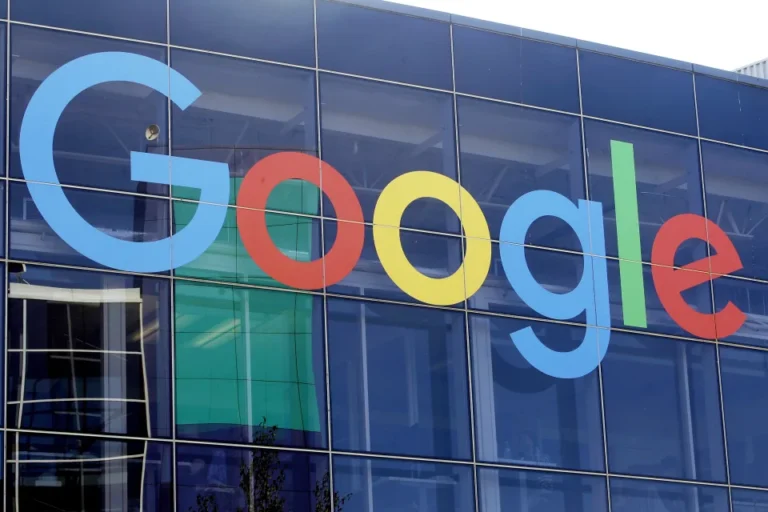The marketing and advertising sector can now breathe a sigh of relief.
According to a statement released by Google on Monday, the company has decided not to delete third-party cookies in Chrome. Instead, it will bring a new experience within the browser that will enable users to make educated decisions about their preferences regarding how they explore the web, as Google revealed in a blog post. It was said by Google that the elimination of cookies will have a negative impact on internet publishers and advertising. Given that Google had previously intended to eliminate third-party cookies by the beginning of 2025, this news represents a substantial departure from their expectations.
“[We] are proposing an updated approach that elevates user choice,” stated Anthony Chavez, who is the vice president of the Privacy Sandbox effort at Google. According to the statement, “Instead of deprecating third-party cookies, we would introduce a new experience in Chrome that allows people to make an informed choice that applies across all of their web browsing, and they would be able to adjust that choice at any time.” This new course of action is currently being discussed with the relevant authorities, and we will be engaging with the industry as we implement this.
According to what Chavez said, Google would now concentrate on providing users with increased control over the data they collect while browsing. Additional privacy settings, such as IP Protection in Chrome’s Incognito mode, as well as continuous updates to Privacy Sandbox APIs, are included in this.
The decision made by Google offers a reprieve to marketers and publishers who rely on cookies to target advertisements and analyze how well that advertising is doing. The business’s ambitions to delete third-party cookies have been riding a rollercoaster of delays and regulatory barriers over the past few years. These obstacles have been a source of frustration for the corporation. Initially, Google intended to eliminate these cookies by the end of 2022; however, the deadline was pushed back to late 2024 and then to early 2025 due to a variety of challenges and feedback from stakeholders. These stakeholders included advertisers, publishers, and regulatory bodies such as the Competition and Markets Authority (CMA) in the United Kingdom.
Google started rolling out a new feature called Tracking Protection in January 2024. This function blocks third-party cookies by default for one percent of Chrome users around the world. Individuals had the impression that this action was the initial step toward fully eliminating cookies. Further delays were brought about as a result of concerns and criticism regarding the readiness and usefulness of Google’s Privacy Sandbox, which is a collection of application programming interfaces (APIs) designed to replace cookies provided by third parties.
It has been indicated by the Competition and Markets Authority (CMA) and other regulatory agencies that they are concerned about Google’s Privacy Sandbox. They are concerned that it could restrict competition and provide Google with an unfair edge in the digital advertising sector. As a result of these concerns, Google has extended review periods and increased inspection, which has made the timing for the company’s transition away from third-party cookies more complicated. The Competition and Markets Authority (CMA) stated that it was “considering the impact” of Google’s change of strategy shortly after the announcement that Google made on Monday.

